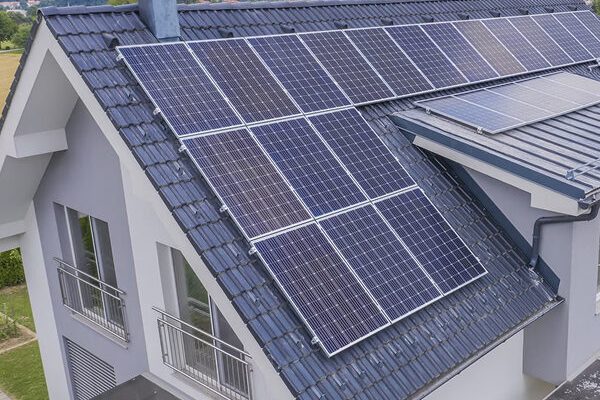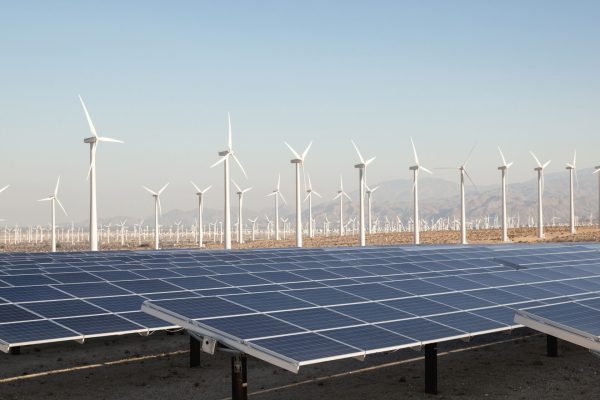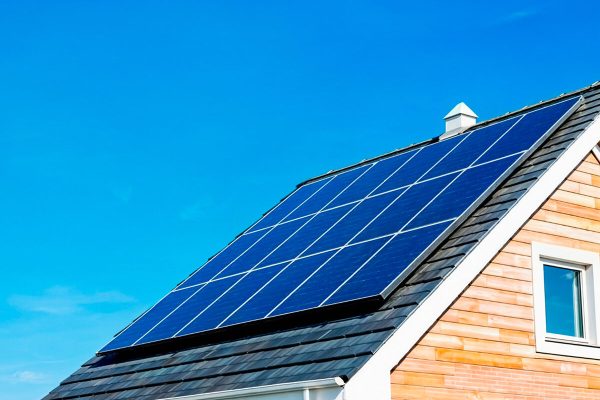In many remote and semi-urban regions, power supply is unreliable and expensive. These areas often face long blackouts, frequent voltage drops, and dependency on diesel generators. Traditional solar solutions have helped, but most fail to deliver long-term reliability and measurable social impact.
Astura Energy designed a distributed solar microgrid project built specifically for such underserved communities. Each unit included:

The AI engine plays a central role. It tracks real-time demand from homes, schools, clinics, and small businesses. It predicts peak usage and weather patterns to optimize charging and discharging of the battery. It also prioritizes critical loads like healthcare equipment and water pumps.
A separate analytics layer maps system uptime, energy savings, and social outcomes. These include:
Every month, the system generates ESG performance reports that capture carbon savings, clean energy contribution, and local livelihood support.

This case proves that solar by itself cannot guarantee energy reliability or social benefit. AI ensures intelligent energy use, and ESG tools verify and report the impact. When combined, they provide lasting value to communities often left out of national energy planning.
In high-demand industrial areas, power usage is constant and energy bills are a major cost. Many manufacturers still rely on fossil fuels or inconsistent grid supply. At the same time, global buyers are demanding ESG transparency and clean energy sourcing. This puts pressure on industries to shift but without affecting production.
Astura Energy built a solar solution tailored for mid-sized factories. The system includes:

AI algorithms track which machines use solar power, how much energy is saved, and how performance varies by shift or load. This allows real-time optimization and better energy planning.
What sets the system apart is its ESG reporting. Each manufacturer can track:
The AI-generated reports integrate with procurement systems. This helps manufacturers meet green supply chain requirements and improve CSR scores.

This project proves that ESG is not just a reporting formality. When powered by AI and clean energy, it becomes a tool for cost savings, compliance, and brand value. Manufacturers didn’t just adopt solar they gained data-backed proof that their operations are cleaner, smarter, and more reliable.